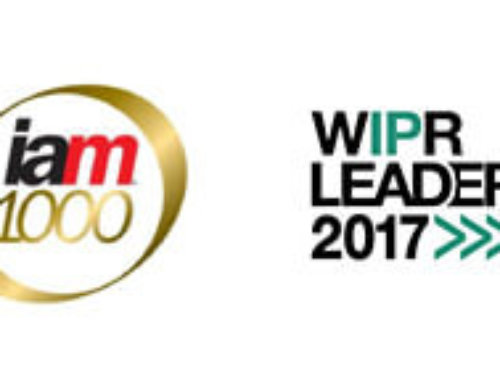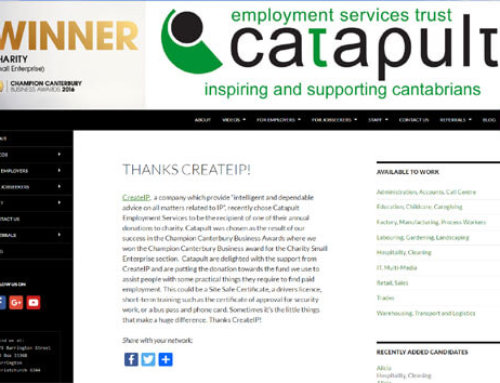Shayne recently attended the 2012 Annual Meeting of the Association of Intellectual Property Firms (AIPF) in Washington. Key topics at the conference included the Leahy-Smith America Invents Act, the Patent Prosecution Highway and the paperless office.
The Leahy-Smith America Invents Act – This act signed into law by President Barack Obama in September 2011 represents the most significant change to the US patent system since 1952. It switches the US patent system from a ‘first to invent’ to a ‘first inventor to file’ system for applications filed on or after March 16, 2013 – and it will be the last country in the world to do so (Canada switched in 1989 and The Philippines in 1998).
A first to invent system distinguishes between the date of conception of an idea and the date it was put into practice. A first-to-file system greatly simplifies the process by granting patent rights to the first person to file a patent application (regardless of the date of invention). The law change will make filing in the US faster through elimination of interference proceedings and post-grant opposition. It currently takes approximately three years to complete a US patent application.
“For years, low-quality patents have been a drain on our patent system, and in turn our economy, by undermining the value of what it means to hold a patent,” Senator Patrick J. Leahy, a primary sponsor of the bill told the New York Times. “Higher-quality patents will infuse greater certainty into the patent system, which will better incentivize investment in American businesses, create jobs and grow our economy.”
Opponents argue that the quality of patents will actually decrease in the race to the patent office; ideas will be underdeveloped and heightened secrecy will mean less collaboration and sharing of knowledge.
Small businesses could also be disadvantaged as the new law favours larger corporates. The new system is thought to significantly favour these larger corporations with their well-established filing procedures and greater human resources because they are less reliant on the 12 month ‘grace period’. The grace period gives inventors a window of opportunity to develop marketing plans or a business model without needing to rush to the Patent Office upon public disclosure or a first sale. The Act’s strong endorsement from companies like General Electric, Caterpillar and IBM supports that view, as does evidence from the Canadian change-over which found a “small adverse effect on domestic-oriented industries and skewed the ownership structure of patented inventions towards large corporations, away from independent inventors and small businesses.”
Others suggest that the first to file system is actually non-constitutional by virtue of awarding patents to the winner of the ‘race’ rather than the inventor. Article I, Section 8 of the US Constitution states:
“The Congress shall have power…To promote the progress of science and useful arts, by securing for limited times to authors and inventors the exclusive right to their respective writings and discoveries.”
Interesting times ahead.
The Patent Prosecution Highway (PPH) – The PPH represents a set of initiatives to accelerate US patent prosecution procedures for foreign companies. The US Patent and Trademark Office (USPTO) offers foreigners who file in their home country first this opportunity for faster and lower-cost examination. Why? Because sharing information such as examination reports between patent offices can reduce a significant workload and improve patent quality. Several countries are cooperating on the PPH and New Zealand clients can take advantage of this prosecution system.
The Paperless Office – Canadian Intellectual Property Law Firm Ridout & Maybee discussed the technical and personal challenges of moving completely online and managing filing and correspondence electronically. This is particularly relevant in light of CreateIP’s efforts to send all correspondence via email only, and our ambition to ultimately move all content into a secure web portal. While the Canadian firm found some reluctance from its well established clients, we have found our clients eager to embrace the change. CreateIP is a young and dynamic firm, and believe this is a significant point of difference for our clients.






